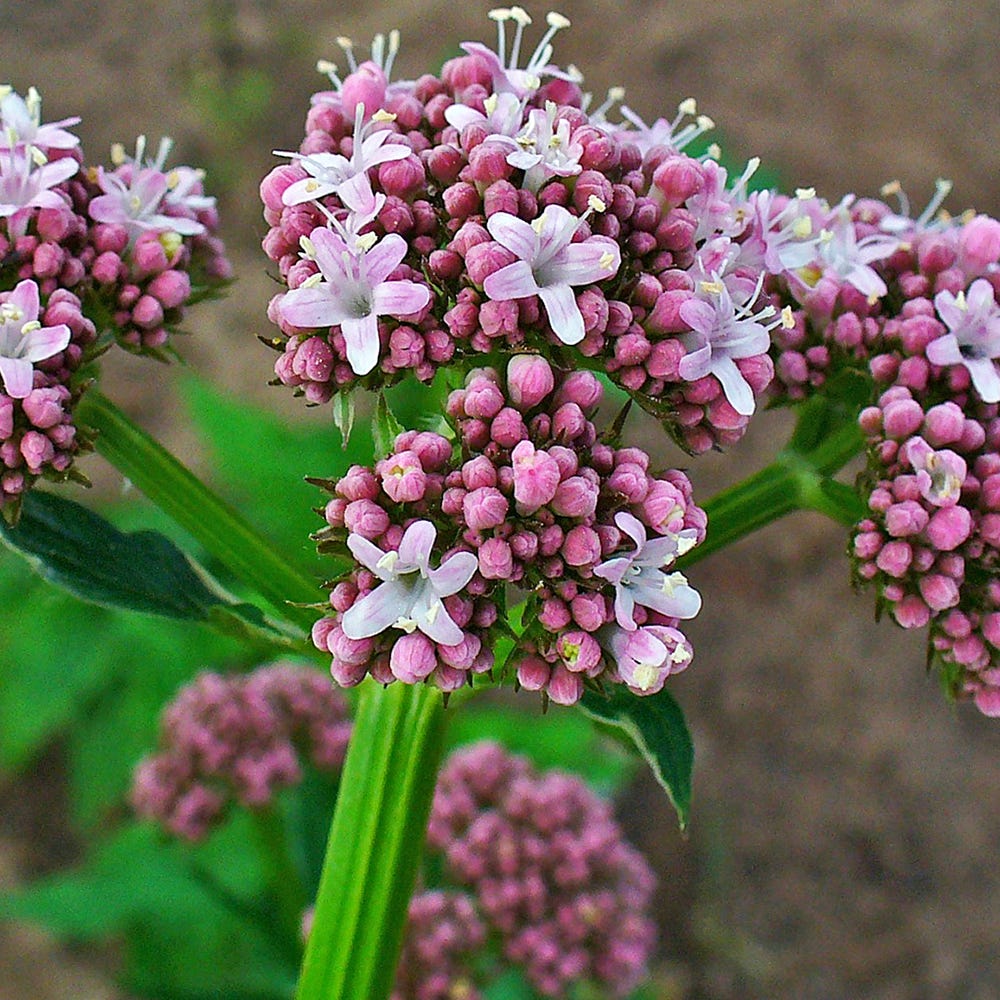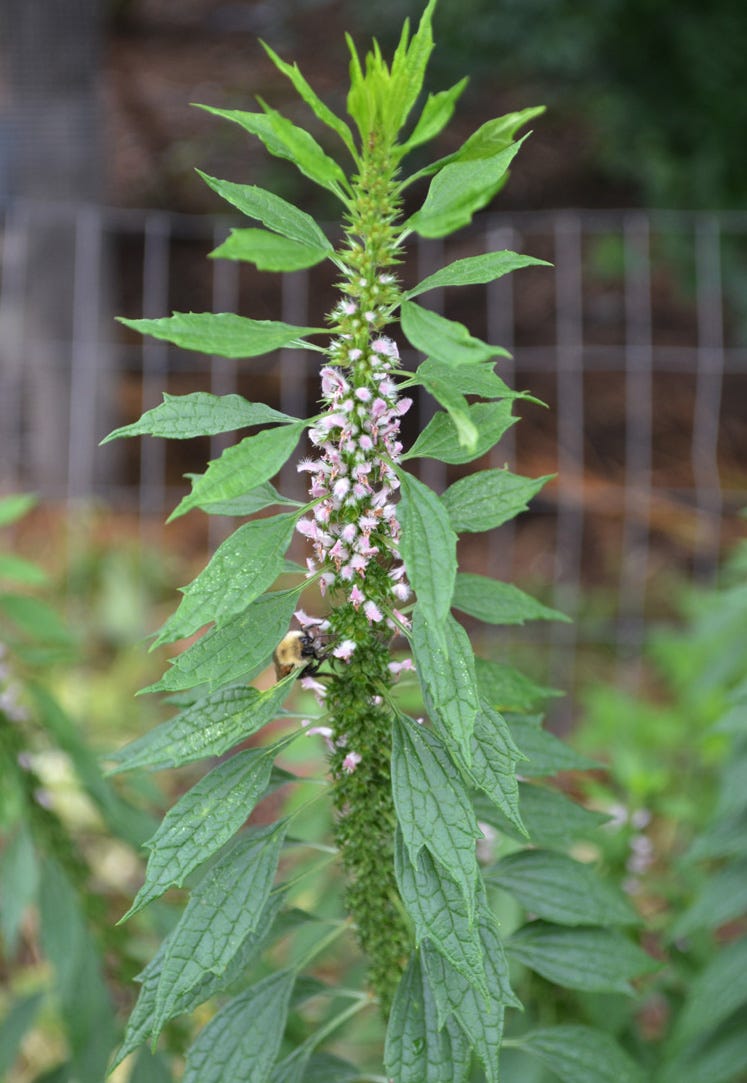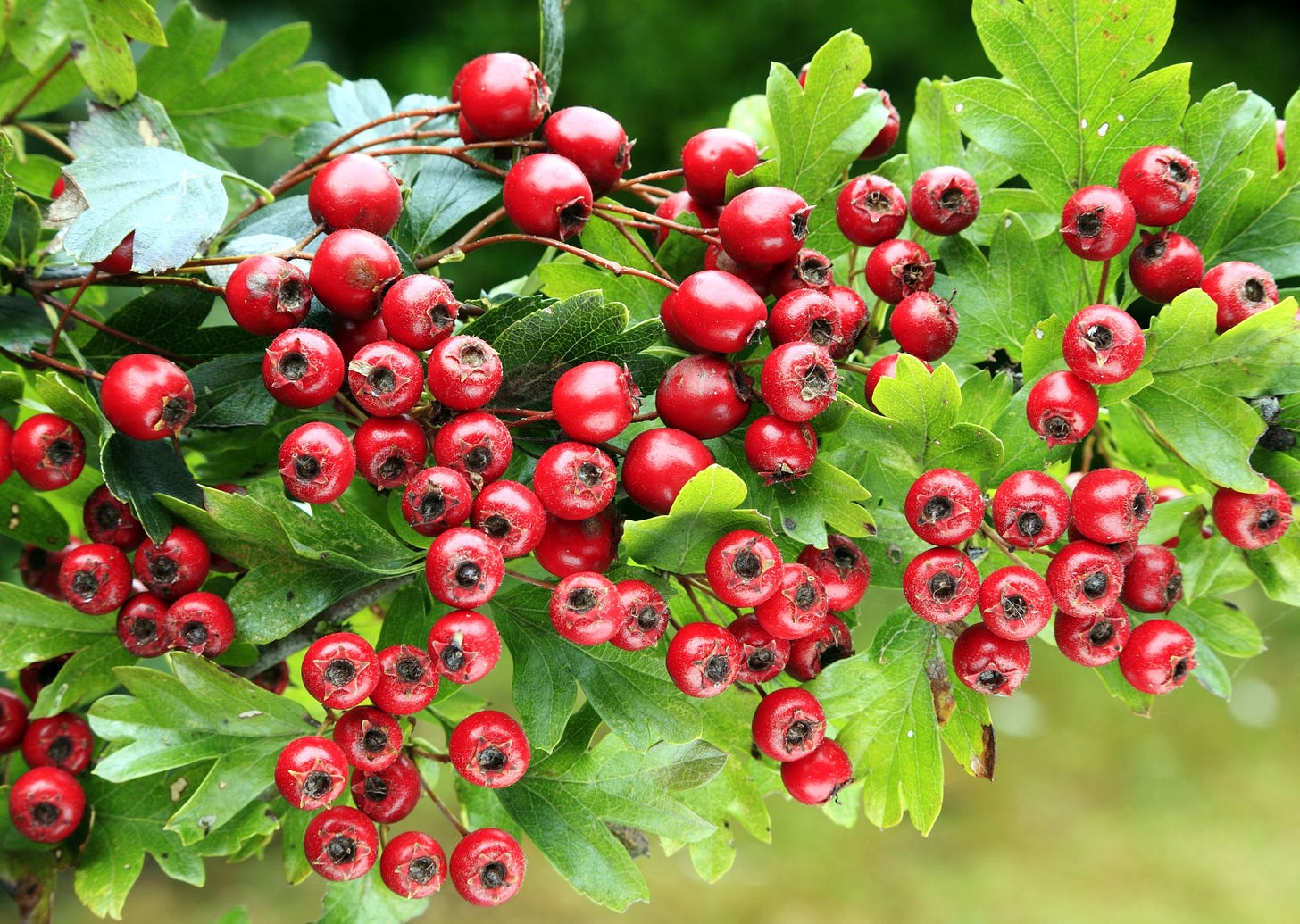How to reduce your anxiety levels with herbs
Find out how you can help combat your anxiety with the power of herbs!
Anxiety: is what we feel when we are worried, tense or afraid – particularly about things that are about to happen, or which we think could happen in the future.
Mind UK
The daily stresses of our modern lives have led to a drastic rise in mental health conditions. In the UK alone around 25% of people will experience a mental health problem of some kind.
The numbers are staggering.
According to Mind UK, in any given week in England:
Mixed anxiety and depression will affect 8/100 people
Generalised anxiety disorder will affect 6/100 people
Post-traumatic stress disorder will affect 4/100 people
Depression will affect 3/100 people
Phobias will affect 2/100 people
Obsessive compulsive disorder will affect 1/100 people
Panic disorder will affect <1/100 people
I see first-hand every day as a doctor how destroying mental health can be for my patients.
There are some easy things you can do to help manage your anxiety without the use of medications. Research has shown simple measures like exploring the outdoors and nature, mindfulness, and meditation, reducing caffeine intake and tapping or emotional freedom technique can be as effective as licensed drugs. And then we have nature’s medicines, herbs.
That’s why in this blog I’m going to write about 4 herbs that will help you combat your anxiety.
If you’d prefer to watch my video summary of this blog, check it out below:
Definitions
Anxiety → a feeling of stress, panic or fear that can affect your everyday life physically or psychology
GABA → neurotransmitter and receptor that causes the feeling of relaxation
Perennial → plants that grow for many years
Herbaceous → plants that have non-woody stems
Arrythmia → irregular heart rhythm, can be fast or slow
Insomnia → difficulty getting to sleep
Passionflower
Latin: Passiflora incarnata L
Passionflower is commonly found in tropical climates like Mexico, central and south America but has also been found in sub-tropical climates like North America.
Interestingly some species of Passiflora require pollination by biotic organisms whilst others can self-pollinate.
A species of passionflower, Passiflora edulis can grow fruit, called passionfruit.
Passionflower has a long history of use for insomnia and to reduce anxiety.
One study in 2011 gave patients who were about to undergo sedation for surgery either passionflower or a placebo. The group given passionflower reported much lower levels on anxiety than the group given a placebo.
Another study from 2011 explored the effects on sleep. The group in this study given passionflower tea demonstrated better sleep quality compared to the placebo group.
Constituents:
GABA
Flavonoids
Quercetin, kamferol, luteolin, coumarins, lycopene
Cyanogenic glycosides
Indole alkaloids
Some of which are monoamine oxidase inhibitors
Valerian
Latin: Valeriana officinali L
Valerian is native to Europe and Asia and has a longstanding history of use similar to passionflower, to reduce anxiety and to help with sleep.
The way Valerian’s seems to work is through activation of 3 receptors in our body: GABA-A, 5-HT 5a and adenosine A1 agonists.
A 2011 study looked at the effect of valerian on sleep quality in postmenopausal women. The study reported a significant improvement in sleep quality in the group given valerian extract compared to the placebo group.
Another study in 2011 assessed valerian in patients who were undergoing treatment for cancer. This study much like the other mentioned reported that the group given valerian extract experienced improved sleep quality alongside improved mood and reduced fatigue. (https://pubmed.ncbi.nlm.nih.gov/21399726/)
We know sleep and anxiety are linked. Many people who suffer from anxiety will also experience problems getting to sleep at night. So by improving the quality of your sleep you will automatically wake up feeling less anxious.
Constituents
GABA
Alkaloids
Isovaleric acid
Iridoids
Valepotriates
Sesquiterpenes
Flavanones
Motherwort
Latin: Leonurus cardiaca L
We’ve got ourselves another herbaceous perennial plant in the mint family. Originating originally in Asia you can now find it all over the world.
A 2011 study sobserved the effects of motherwort oil extract on anxiety, sleep and blood-pressure. The study reported: ‘significant improvement in the symptoms of anxiety and depression was observed in 32% of patients, a moderate improvement in 48% and a weak effect in 8%’. They also noted that ‘side-effects were minimal in all groups’.
Constituents
Leonurine
Stachydine
Glycosides
Rutin
quercetin
tannins
volatile oils
sterols
Hawthorn
Latin: Crataegus monogyna Jacq.
Now hawthorn is quite different to the 3 herbs I’ve written about above.
Traditionally hawthorn has been utilised for management of heart failure AND palpitations as well as anxiety and insomnia.
It is a small, thorny tree that can grow up to 10m tall. They produce a creamy white flower with pink anthers and red berries. The fruit produced is known as hawes and provides vital nutrition for wildlife.
A 2018 study analysed the effects of hawthorn leaf extract on human stem cells that had been altered to develop irregular heart rhythms. The authors of the study discovered that the hawthorn extract slowed the heart rate down and reduced the irregular beating of the heart. (https://faseb.onlinelibrary.wiley.com/doi/full/10.1096/fj.201700494RR).
This was preceded by a 2014 study which used a medication called digoxin to induce arrythmias in rats. One group of rats (experimental) were given 100mg of hawthorn extract whilst the control group was given 0.9% NaCl (also known as salty water or saline). The experimental group lived longer and experienced shorter durations of irregular heart rhythms.
These compounds in hawthorn we’re interested in are:
Phenolic acids
Quercetin
Epitachin
Epicatechin gallate
Rutin
Caffein acid
Summary
The 4 herbs in this blog aren’t exclusive and there are many others that nature provides to soothe our worries.
An honourable mention goes to ashwagandha, camomile and ginseng. These are fantastic herbs to alleviate your troubles and I’ll likely include them in a part 2 on herbs for anxiety.
Combine herbs with nature, exercise, quality sleep, an unprocessed diet and you are set to live your life to its fullest.
Each of the herbs discussed will have a different strength of effect so before you do begin to experiment you should always speak to a medical professional.
This blog is written for entertainment purposes only and is not medical advice. For full references check out the blog on www.theherbaldocs.com.
Thanks,
Dr Haris Mumtaz
The Herbal Docs
Offers
▪️Get 10% off at The Turmeric Co with code 'HARIS10' at https://theturmeric.co
▪️Get 15% off SuperU with 'HERBRO15' at https://superu.co.uk
▪️Get 15% of HerbyBox with 'Herbaldocs15' at https://herbybox.com/collections/herby





